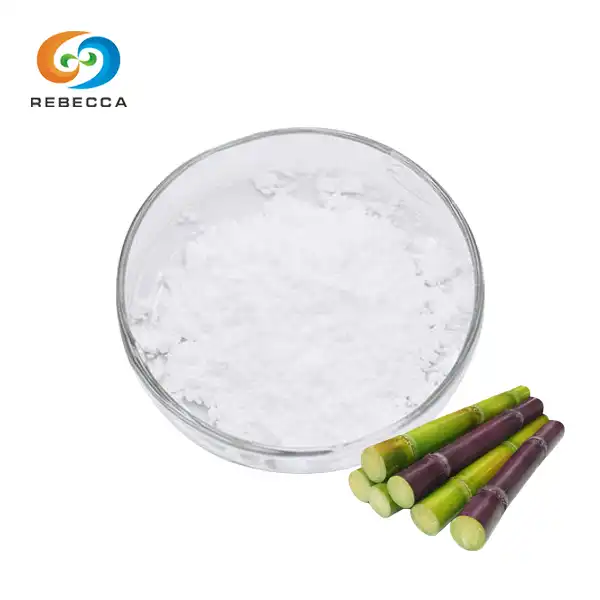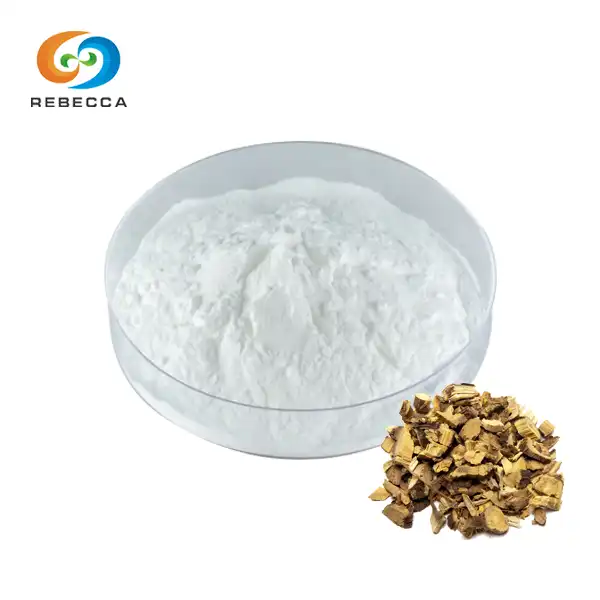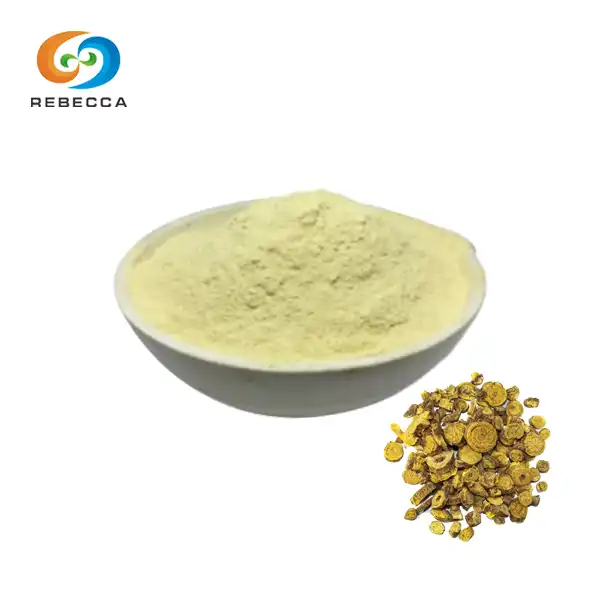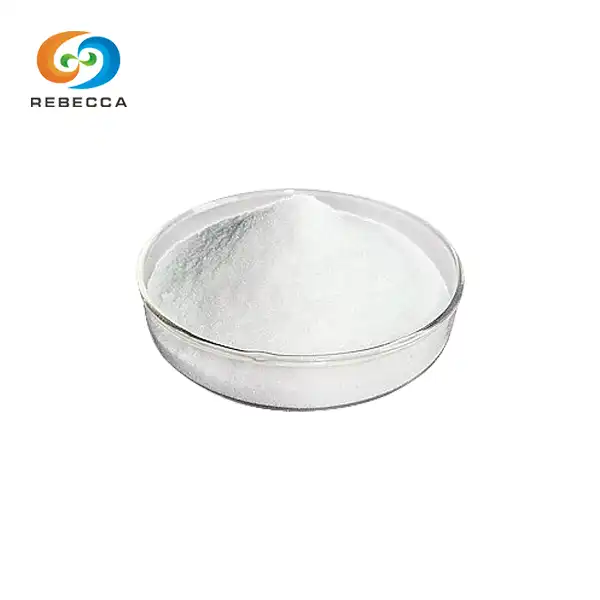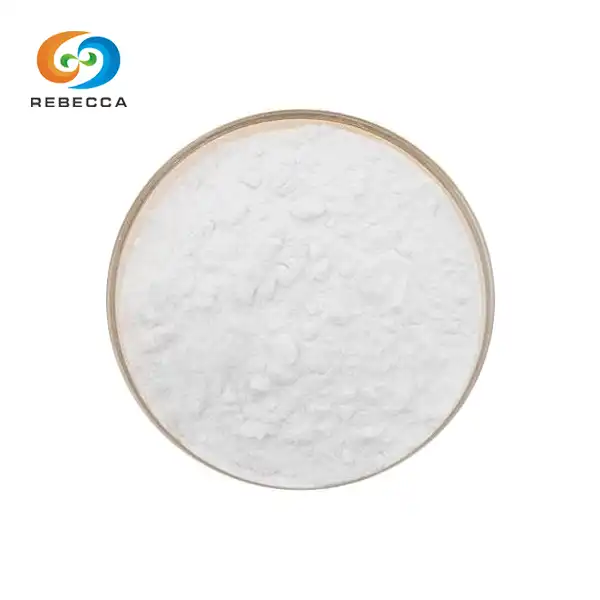Is alpha lipoic acid safe during pregnancy?
Alpha-lipoic acid (ALA) is a natural molecule
Alpha-lipoic acid (ALA) is a naturally occurring substance located in every cell of the human organism. It plays an essential role in energy generation and serves as a potent antioxidant, shielding cells from harm inflicted by free radicals. ALA's distinctiveness among antioxidants lies in its ability to be both water and fat-soluble, enabling it to operate throughout the body and even penetrate the blood-brain barrier.
In nature, ALA can be found in minor quantities in various foods like spinach, broccoli, potatoes, yeast, and organ meats such as kidneys and liver. Moreover, the body is capable of producing limited amounts of ALA independently. Despite its natural occurrence in the body and food sources, numerous individuals opt for ALA supplements to harness potential health advantages.
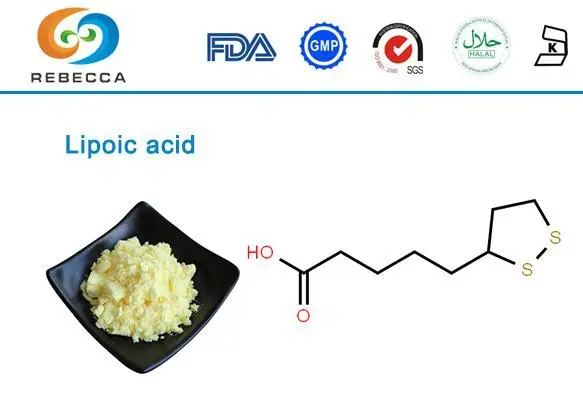
ALA has surged in popularity as a dietary supplement because of its antioxidant capabilities and possible benefits for numerous health issues. Some studies indicate that ALA might assist with diabetes control, nerve discomfort, skin aging, and weight management. Nonetheless, as with any supplement, it’s vital to assess safety, particularly during sensitive times like pregnancy.
During pregnancy, a woman’s body experiences considerable transformations to support the developing fetus. These alterations can influence how the body processes different substances, including nutrients and supplements. Thus, it is essential to review the safety and possible risks of any supplement, including ALA, prior to use during pregnancy.
Safety research of α-lipoic acid during pregnancy
In terms of alpha-lipoic acid’s safety during pregnancy, studies are sparse. This scarcity of thorough investigations complicates the ability to reach conclusive determinations regarding the safety of ALA for expectant mothers. Nevertheless, we can examine the existing research to gather some perspectives.
Animal studies have provided some information about ALA's effects during pregnancy. Research appearing in the journal "Birth Defects Research" discovered that elevated levels of ALA administered to expectant rats led to developmental lags and skeletal deformities in their offspring. Nonetheless, it is essential to highlight that the quantities utilized in this examination were significantly greater than the typical amounts humans ingest through supplements.
Additionally, another investigation published in the "Journal of Nutritional Biochemistry" explored the impact of ALA supplementation on pregnant rats with diabetes. The scientists revealed that ALA contributed to diminishing oxidative damage and enhanced fetal outcomes in pregnancies complicated by diabetes. Although these findings are encouraging, it is vital to bear in mind that results from animal research do not always correlate directly to human scenarios.

Human studies on ALA during pregnancy are scarce. One case report published in the "American Journal of Obstetrics and Gynecology" described a pregnant woman with diabetic nephropathy who took ALA supplements throughout her pregnancy. The report noted no adverse effects on the mother or the baby. However, a single case report is not sufficient evidence to establish safety for all pregnant women.
The lack of comprehensive human studies on alpha-lipoic acid during pregnancy has led many health organizations and medical professionals to advise caution. The American Pregnancy Association, for instance, does not list ALA as a recommended supplement during pregnancy due to insufficient safety data.
It's important to highlight that although alpha lipoic acid powder occurs naturally in various foods, the quantities present in dietary options are significantly less than those found in supplementary forms. The safety concerns primarily revolve around high-dose supplementation rather than the ALA obtained from a balanced diet.
Precautions for pregnant women to supplement α-lipoic acid
Due to the scant research regarding the safety of alpha-lipoic acid during pregnancy, it’s imperative for expectant mothers to proceed with caution when contemplating ALA supplementation. Below are some critical precautions and factors to consider:
1. Consult with a healthcare professional: Prior to initiating any new supplement during pregnancy, including ALA, it’s vital to seek advice from a healthcare professional. They can evaluate individual health conditions, possible risks, and advantages based on the latest medical information.
2. Emphasize dietary sources: Rather than depending on supplements, pregnant women can concentrate on deriving ALA from dietary sources. Foods such as spinach, broccoli, and potatoes provide mild amounts of ALA and are typically safe when consumed as part of a nutritious diet during pregnancy.
3. Explore alternatives: If an expecting mother is contemplating ALA for its antioxidant benefits, there may be safer options with well-established safety records during pregnancy. For instance, vitamins C and E are extensively researched antioxidants that are usually regarded as safe during pregnancy when taken in suitable doses.

4. Be mindful of potential interactions: ALA can interact with various medications, including some diabetes treatments and thyroid hormones. Pregnant women on any medications should discuss possible interactions with their healthcare provider prior to considering ALA supplementation.
5. Keep an eye on side effects: Should a healthcare provider determine that ALA supplementation is necessary, pregnant women should remain alert for any adverse reactions. These could include nausea, vomiting, skin rashes, or fluctuations in blood sugar levels. Any unusual symptoms should be promptly reported to a healthcare provider.
6. Steer clear of high doses: If ALA supplementation is advised, it’s essential to adhere to the dosage recommended by a healthcare professional. High doses of ALA have not been extensively studied during pregnancy and could carry potential risks.

7. Think about timing: Some healthcare professionals may suggest steering clear of supplements during the first trimester when the fetus is most susceptible to developmental concerns. If ALA supplementation is needed, it might be recommended to start later in the pregnancy.
8. Acknowledge the research limitations: It’s crucial for pregnant women to recognize that the long-term impacts of ALA supplementation during pregnancy remain largely unknown. This ambiguity should be considered in any supplementation decision.
9. Focus on overall health: Upholding a healthy lifestyle during pregnancy, including a balanced diet, regular exercise (as permitted by a healthcare provider), and adequate prenatal care, is generally more advantageous than relying on singular supplements.
10. Evaluate individual health condition: Women with specific health issues, such as diabetes or autoimmune disorders, might have different considerations regarding ALA supplementation. These personal factors should be thoroughly discussed with a healthcare provider.
Rebecca Alpha Lipoic Acid Bulk Powder
Rebecca Bio-Tech is a company focused on manufacturing alpha-lipoic acid in bulk powder form. With an annual production capacity of 500 tons, this company provides a substantial supply of α-Lipoic Acid to accommodate diverse needs. While this information may be pertinent to those within the supplement sector or researchers, it is essential to remember that the existence of bulk ALA does not alter the safety protocols associated with its use during pregnancy.
For expectant mothers or those contemplating pregnancy, the priority should be on safety and personal health requirements rather than the availability of supplements. The manufacturing capabilities of any organization do not influence the established scientific knowledge regarding ALA's impact during pregnancy.
If you are a healthcare professional or researcher seeking information about ALA for purposes unrelated to pregnancy, feel free to reach out to Rebecca Bio-Tech at information@sxrebecca.com. Nevertheless, it is vital to stress that any application of ALA, particularly during pregnancy, should be guided by scientific research and professional medical advice, rather than by the availability of products.

References
1. Packer, L., Witt, E. H., & Tritschler, H. J. (1995). Alpha-lipoic acid as a biological antioxidant. Free Radical Biology and Medicine, 19(2), 227-250.
2. Ziegler, D., Low, P. A., Litchy, W. J., Boulton, A. J., Vinik, A. I., Freeman, R., ... & Tritschler, H. (2011). Efficacy and safety of antioxidant treatment with α-lipoic acid over 4 years in diabetic polyneuropathy: the NATHAN 1 trial. Diabetes Care, 34(9), 2054-2060.
3. Kucukgoncu, S., Zhou, E., Lucas, K. B., & Tek, C. (2017). Alpha-lipoic acid (ALA) as a supplementation for weight loss: results from a meta-analysis of randomized controlled trials. Obesity Reviews, 18(5), 594-601.
4. Biewenga, G. P., Haenen, G. R., & Bast, A. (1997). The pharmacology of the antioxidant lipoic acid. General Pharmacology: The Vascular System, 29(3), 315-331.
5. Teichert, J., & Preiss, R. (2002). HPLC-methods for determination of lipoic acid and its reduced form in human plasma. International Journal of Clinical Pharmacology and Therapeutics, 40(4), 158-167.
